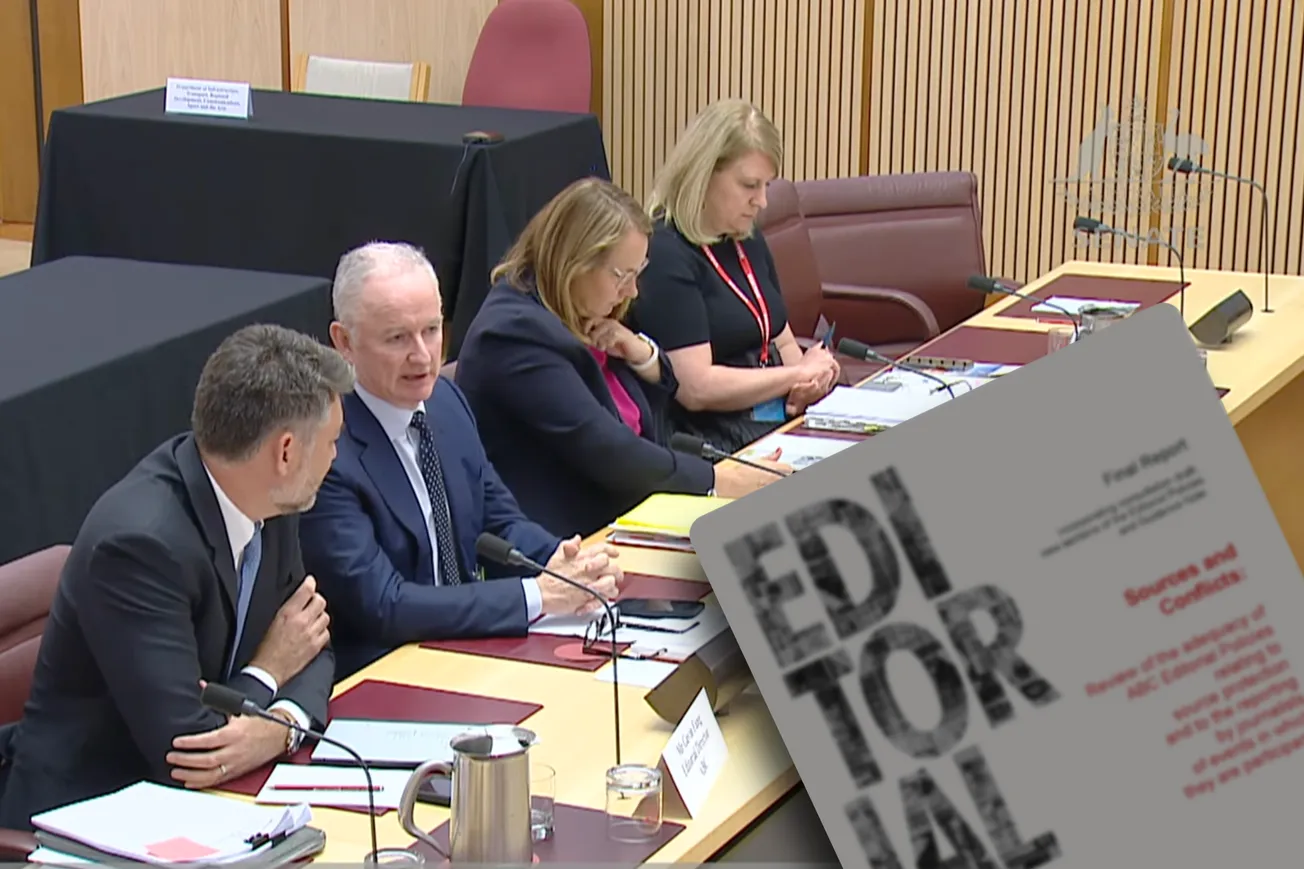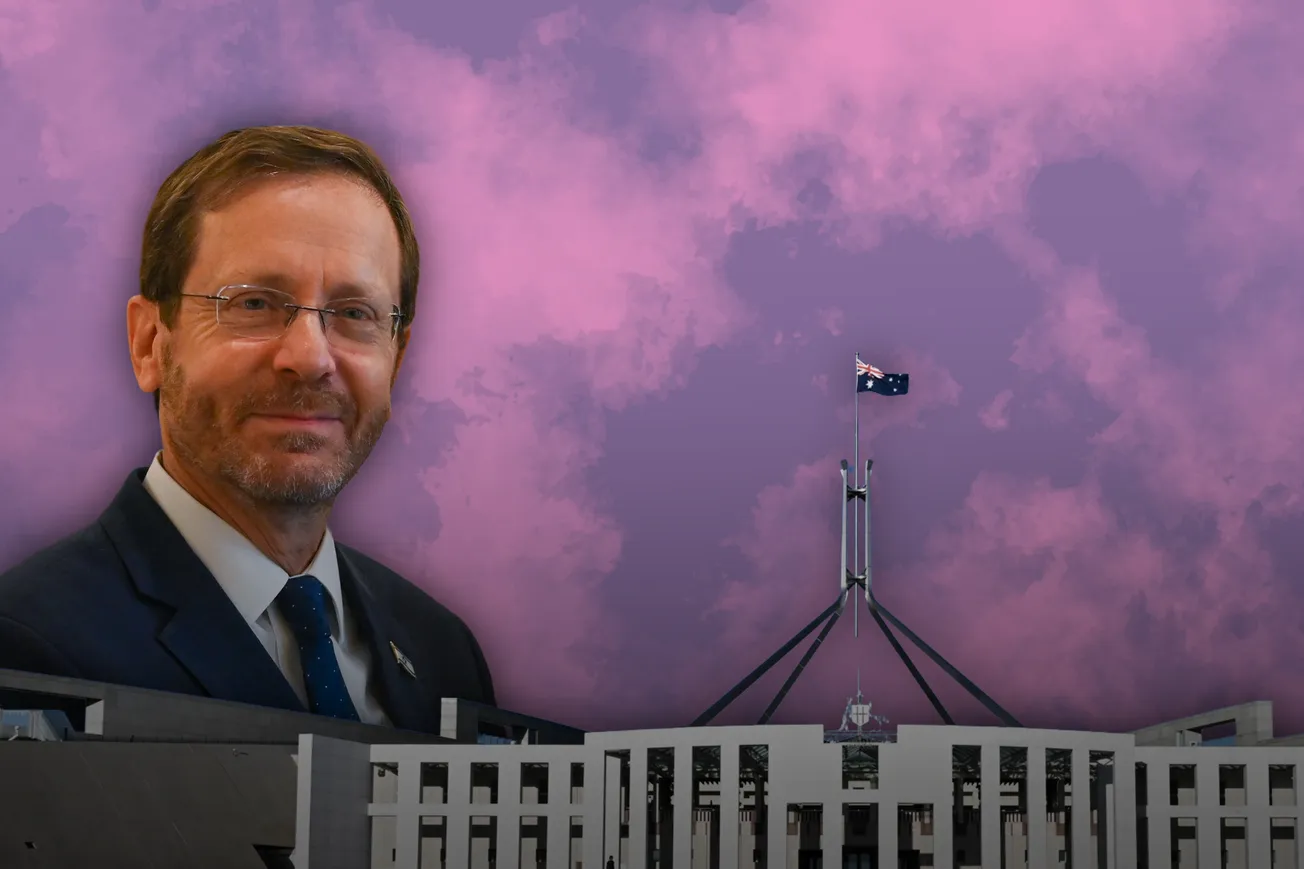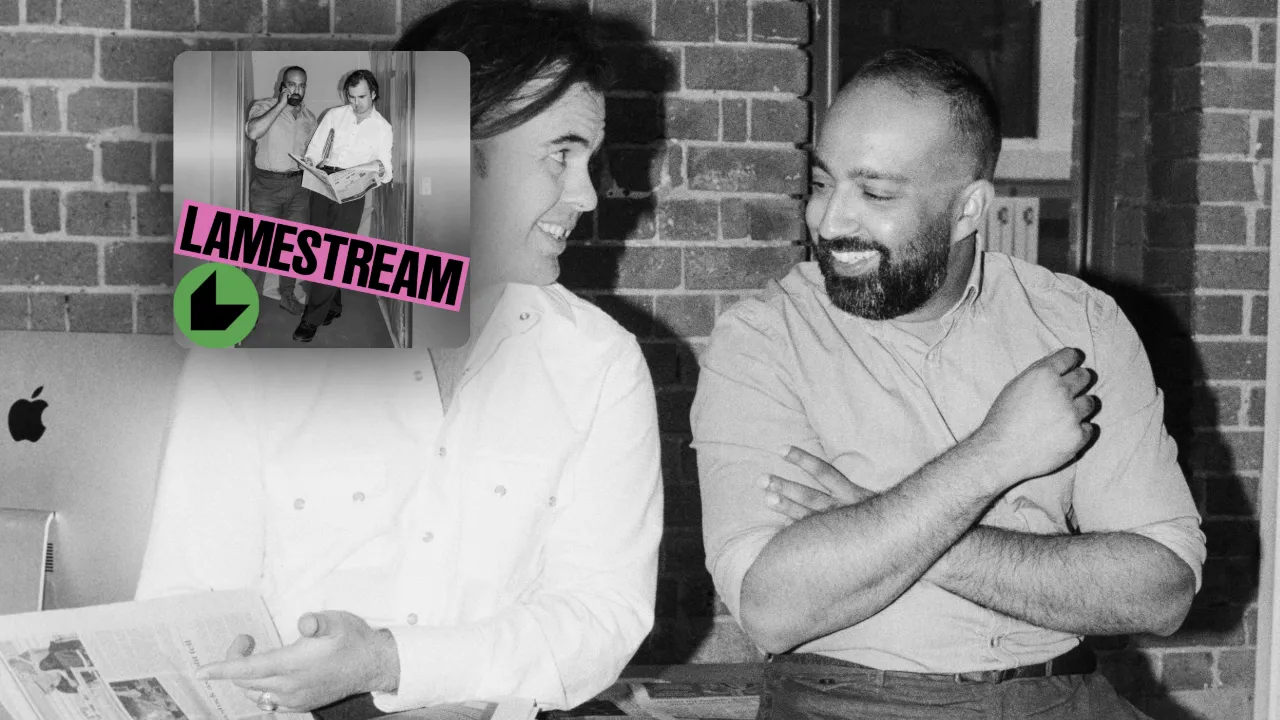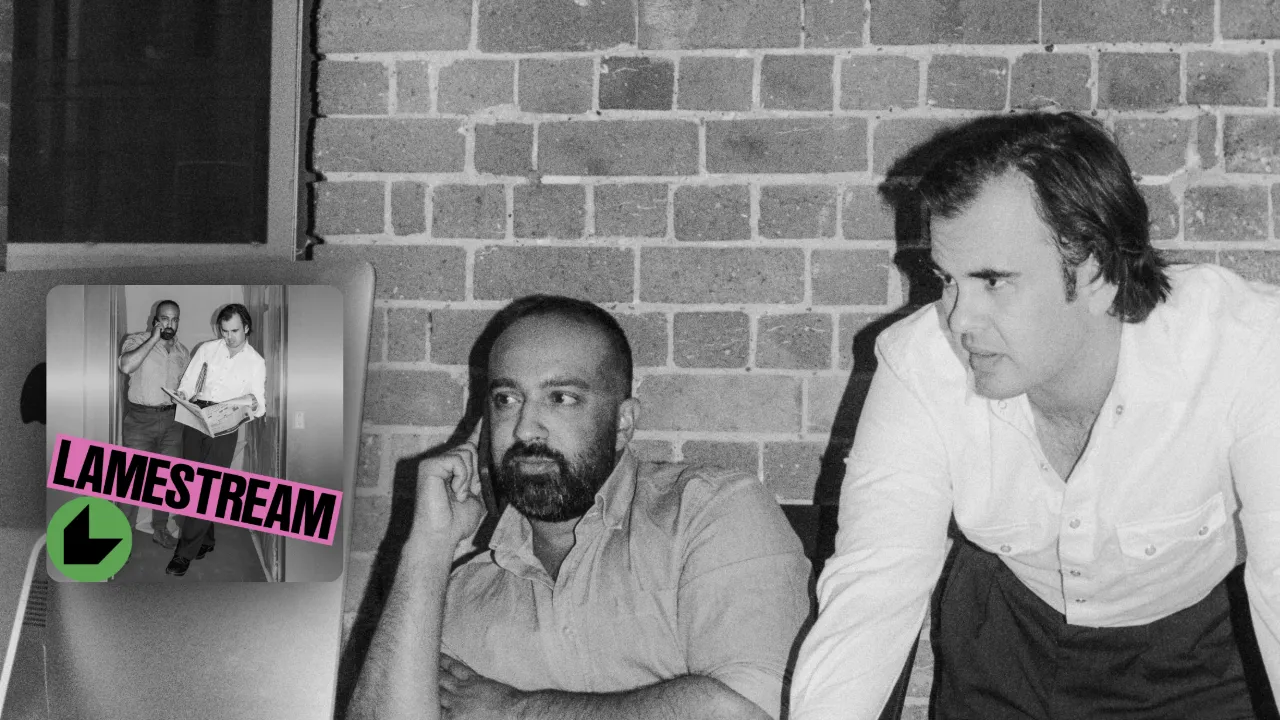First of all, here's what we have for you this week:
- Killer Grabs: Quotes from around the traps.
- ‘We don’t intend to’: ABC bosses admit they don't want to investigate lobbyist influence — By Scott Mitchell
- The Good Ones: The best journalism, opinion and entertainment for you to enjoy.
This week, we marked two years of Israel's genocide in Gaza, and with that comes two years of the most egregious failures of basic journalist principles and ethics, right across the Australian media landscape.
As Scott mentioned on Thursday's podcast, it's interesting to look at the letter signed by hundreds of Australian journalists two months into Israel's bombardment. The letter was borne out of deep frustration at the fact that senior editors at almost every mainstream Australian media company were biased towards Israel and pressuring their staff to toe a particular line.
The letter called on news organisations to "adhere to truth over ‘both-sidesism'", focus on the civilian death toll, apply the same scepticism to the Israeli government as they would any other actor, give adequate coverage to credible allegations of war crimes, genocide and apartheid and provide adequate historical context.
For signing this letter, journalists at outlets like The Age and The Sydney Morning Herald were banned from covering the issue, and the ABC's news director said staff who signed the letter could have their impartiality questioned.
Over the past two years, some small progress has been made on the use of certain language, and some outlets are applying a thin layer of scrutiny to the Israeli government's public statements.
The basic principles in that letter remain as relevant now as they did two years ago. All these journalists were asking for was for their organisations to actually practice journalism, not to sacrifice it in the name of shameless propaganda.
The only real thing that's changed is that the Australian public now has more independent sources of news and analysis than ever that are committed to real journalism on this topic and many others. Thank you for your support.
Killer Grabs
"I'm not sure about that, Senator. I'd have to take that on notice." — Editorial Director of the ABC, Gavin Fang, at Senate estimates this week.
This week, the ABC was asked about Lamestream's exclusive story that while he was a member of ABC staff, Elahn Zetlin volunteered to campaign against The Greens in a by-election in Prahran for the far-right lobby group Advance Australia. The ABC refused to comment to us at the time and will now take the Senate's question on notice.
The relevance? A bunch of ABC journalists have been warned over posts expressing sympathy with Palestinians, but here we have a member of staff not just posting, but actively campaigning during an election. " I'm just kind of a bit flabbergasted," is how Senator Mehreen Faruqi described the situation.
"Our events create opportunities for constructive dialogue on issues that matter to Australia’s economy and community." — Labor's national secretariat, in response to a story in The Guardian about Sportsbet being invited to a Labor party fundraising dinner.
The dinner was held within 24 hours of a Four Corners documentary that aired on Monday, exploring the sports betting industry and its political connections. Sportsbet is a significant donor to Labor (and to the Coalition).
Good to know who gets to inform "constructive dialogue on issues that matter to Australia's community", like sports betting presumably.
"Communication must be freed from the misguided thinking that corrupts it, from unfair competition and the degrading practice of so-called clickbait." — Pope Leo XIV.
Man's not wrong.
‘We don’t intend to’: ABC bosses admit they don't want to investigate lobbyist influence
By Scott Mitchell

This week, the ABC’s managing director Hugh Marks appeared before Senate estimates for the first time since taking the reins at the broadcaster and was forced to answer questions about explosive court revelations the ABC had caved-in to pro-Israel lobbyists and that its most senior leaders had compromised the organisation’s independence and integrity.
But far from coming clean, the broadcaster’s new leadership continued to dodge accountability.
The ABC’s regular appearances at Senate estimates are the only time the organisation's leadership is compelled to answer questions accurately and factually.
It was strange then, that all of the most significant questions that go to the heart of the ABC’s biggest controversies this year, including lobbyist influence over management, board interference in the ABC’s journalism, and staff freedom to hold political opinions — and the damning answers to them — were barely reported in the mainstream media. Most coverage instead focused on issues in the rear-view mirror, like the size of a legal bill or coverage of Charlie Kirk’s murder.








